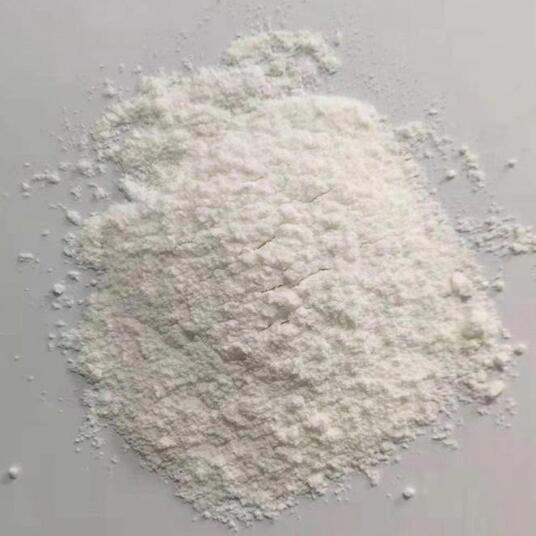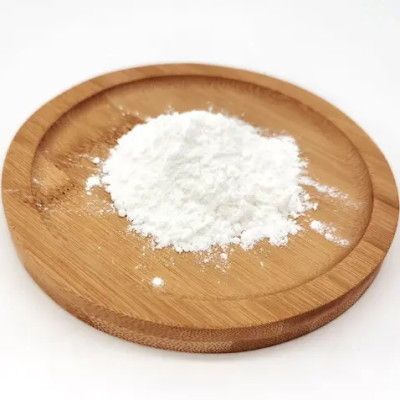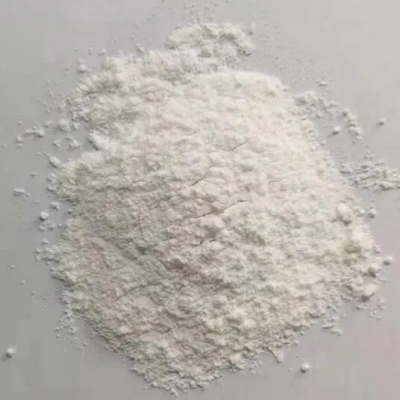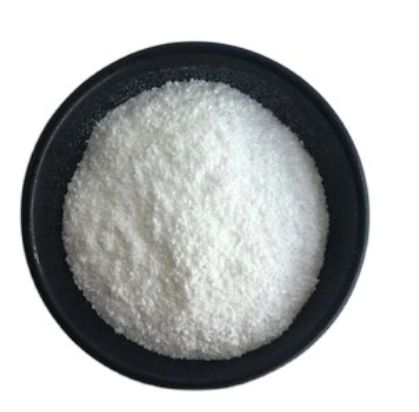beta-Nicotinamide adenine dinucleotide trihydrate CAS:53-84-9
Energy production: β-NAD+ is a crucial component in the process of converting food into energy. It serves as a coenzyme in cellular respiration, facilitating the transfer of electrons from metabolites to the electron transport chain. This transfer of electrons is essential for ATP generation, which is the main energy currency of cells.
DNA repair: β-NAD+ is involved in DNA repair processes. It serves as a substrate for enzymes such as PARPs (Poly [ADP-ribose] polymerases), which use β-NAD+ to repair damaged DNA in response to various cellular stresses such as DNA damage caused by radiation, toxins, or oxidative stress.
Cellular signaling: β-NAD+ has emerged as a critical signaling molecule involved in various cellular pathways. It can act as a precursor for different signaling molecules, such as cyclic ADP-ribose and NAADP, which regulate calcium release and signal transduction. Additionally, β-NAD+ metabolism can influence gene expression, aging, and other physiological processes.
Therapeutic applications: β-NAD+ supplementation and modulation of β-NAD+ levels are being investigated for potential therapeutic applications. Recent studies suggest that increasing β-NAD+ levels may have beneficial effects on aging-related diseases, neurodegenerative disorders, metabolic disorders, and cardiovascular health. There is also ongoing research into the use of β-NAD+ precursors, such as nicotinamide riboside and nicotinamide mononucleotide, as potential supplements to increase β-NAD+ levels in the body.

| Composition | C21H27N7O14P2 |
| Assay | 99% |
| Appearance | White powder |
| CAS No. | 53-84-9 |
| Packing | Small and bulk |
| Shelf Life | 2 years |
| Storage | Store in cool and dry area |
| Certification | ISO. |


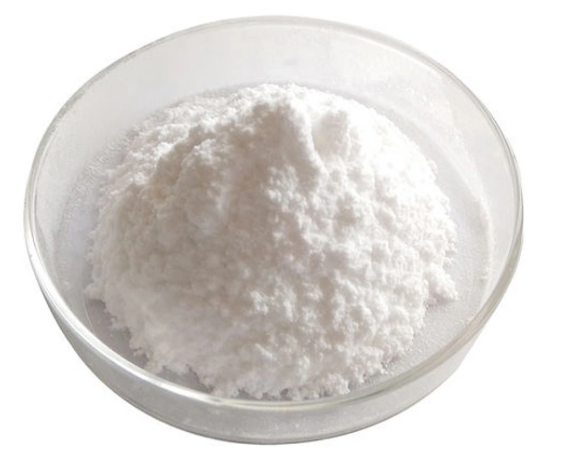

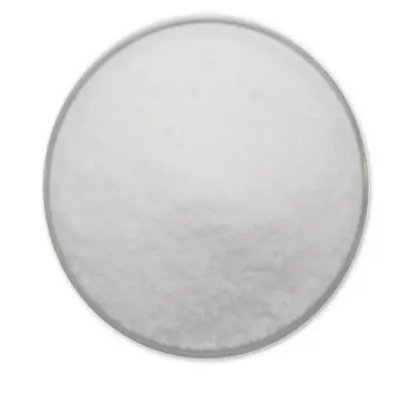
![METHANONE, 1,1′-(1,4-PHENYLENE)BIS[1-(4-FLUOROPHENYL)-] CAS:68418-51-9](https://cdn.globalso.com/xindaobiotech/NIQ7288PPWVEXNL@IMY242.png)
